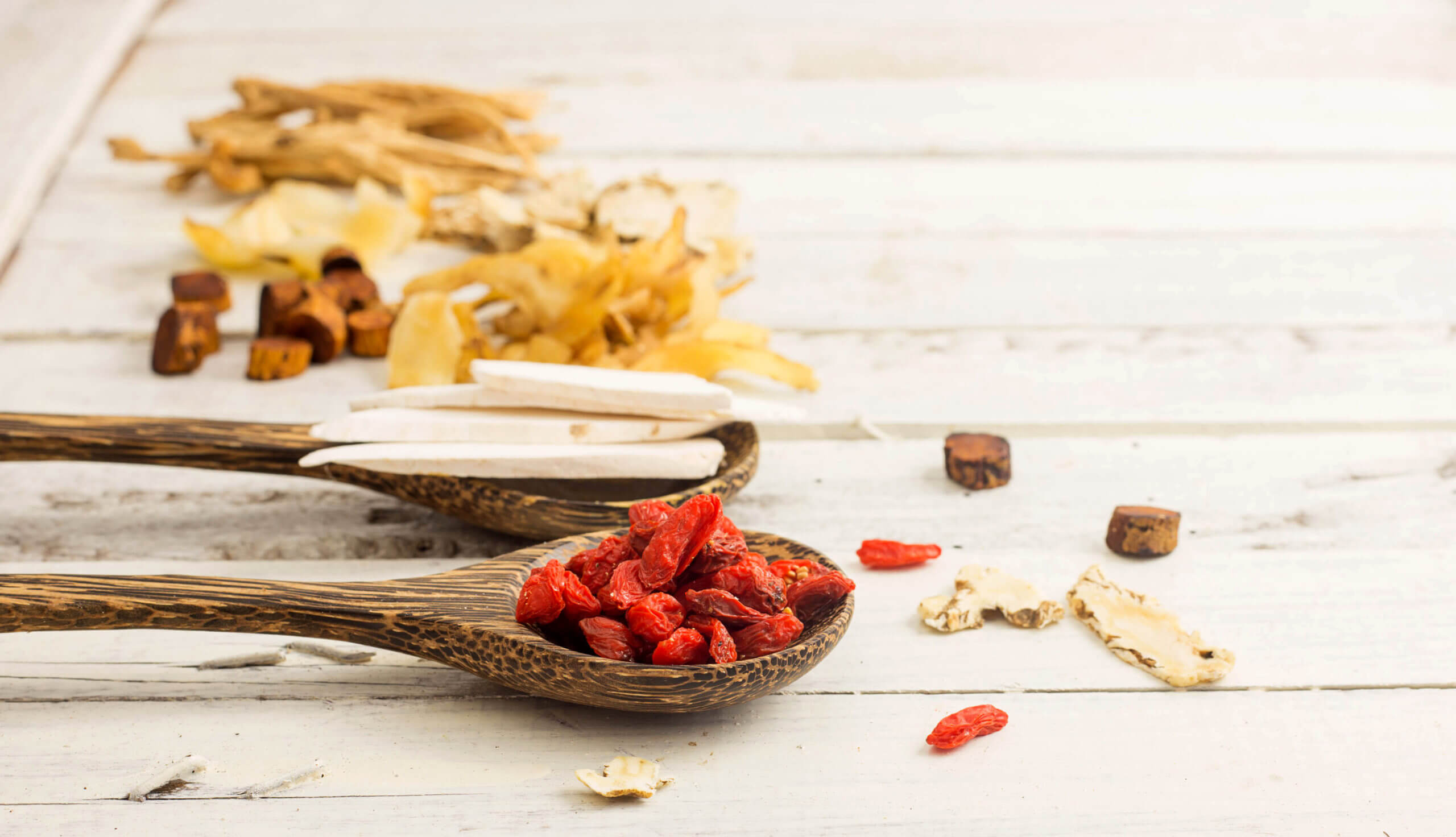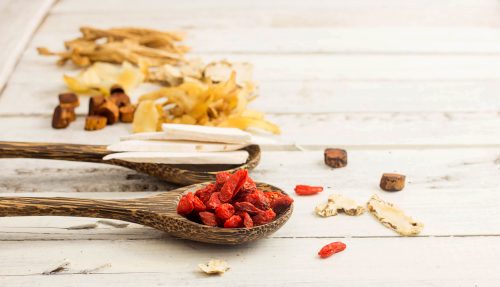 Practitioners want to provide their patients with responsible care. One of the ways they can do this is by prescribing the right herbs. As a practitioner, you cannot control all aspects of patient care — for example, whether your patients follow your dosage recommendations and guidelines or decoct their herbs properly. However, you can control which herbs you prescribe to them, and choosing the best herbal products begins with selecting a supplier with quality, consistency, and integrity. The herbs used to fill your patients’ prescriptions will play a vital role in their wellness since not all herbs have the same quality or deliver equal benefits.
Practitioners want to provide their patients with responsible care. One of the ways they can do this is by prescribing the right herbs. As a practitioner, you cannot control all aspects of patient care — for example, whether your patients follow your dosage recommendations and guidelines or decoct their herbs properly. However, you can control which herbs you prescribe to them, and choosing the best herbal products begins with selecting a supplier with quality, consistency, and integrity. The herbs used to fill your patients’ prescriptions will play a vital role in their wellness since not all herbs have the same quality or deliver equal benefits.
What factors should you consider when determining which herbal product companies to use? Fortunately, KP makes your selection of a TCM herbal product supplier easy because KP carefully chooses its raw herbs, screens them for contaminants, and processes them to provide its customers with the highest levels of quality assurance. This ensures that no matter which KPC Herbs product you buy, you can always expect a safe product that will deliver maximum benefits.
First of all, why does KPC Herbs choose to sell its herbal products only to practitioners through selected distributors?
First, we believe that patients will benefit most from our products when they take them under a practitioner’s supervision. Seeing a practitioner helps ensure patients receive the most appropriate prescriptions for their needs, and it minimizes the risk of potential side effects, such as allergic reactions. Also, patients enjoy an added level of safety when a practitioner chooses an herbal product company based on the knowledge and experience acquired during their training.
So what should licensed acupuncturists and practitioners look for when selecting an herb company? Several factors can negatively affect the quality of herbal products, such as farming conditions, incorrect species identification, and contamination through different stages of the manufacturing process. Ethical sourcing of herbs also gives patients the added comfort of knowing that their purchases help support ongoing conservation efforts.
Farming Conditions
Farmers can produce herbs with optimal potency only when they have experience and knowledge of the herbs they grow and avoid the use of harmful pesticides and chemical additives. Furthermore, a manufacturer’s strict vendor verification programs can help ensure that only the highest quality herbs are purchased and used.
Species Identification
A prescription can only be effective if the correct herb species is used. Additionally, incorrect herbs can have dangerous side effects. Ensuring that patients receive the right herbs is crucial to their wellness. Species identification is one of the most essential quality control steps a TCM herbal manufacturer must take.
Contaminant Screening
The presence of heavy metals, dangerous pesticides, preservatives, and carcinogens in herbs, even in trace amounts, can be harmful to patients. A reliable manufacturer must test for these substances and discard any affected batches.
Ethical Sourcing
In addition, KPC Herbs adheres closely to the Convention on International Trade in Endangered Species of Wild Fauna and Flora (CITES). We do not trade in any endangered plants or animals and ensure that the herbs we provide are sustainably sourced to safeguard the survival of these species.
Only Rigorous Production Processes Guarantee Quality Herbal Products Reach Patients
Producing top-quality herbal products goes beyond purchasing high-quality herbs. An incorrect manufacturing process will destroy the essence of the raw herbs. To avoid these problems, acupuncturists and practitioners should only purchase from manufacturers who have adopted the highest manufacturing standards.
Pharmaceutical-grade Manufacturing Processes
Compliance with pharmaceutical-grade goods manufacturing practices such as TGA PIC/S (Australia’s Therapeutic Goods Administration Health Safety Regulation Standards) provides acupuncturists and practitioners with the ultimate assurance. The certificate ensures that the manufacturer produces the safest product for your patient. KP’s adoption of these standards is one of the top reasons our distributors and customers choose KPC Herbs as their TCM supplier.
ISO Quality Management System Certifications
Other standards that can guarantee quality include ISO certifications that ensure manufacturers are performing adequate tracking, quality control, and auditing steps throughout the production process. Quality certifications that practitioners should look for include:
- ISO 9001: standardizes a manufacturer’s operations stages and introduces regular quality audits, ensuring consistent quality.
- ISO 17025: standardizes laboratory techniques, making analytical measurements viable and actionable.
- ISO 22000 HACCP (Hazard Analysis and Critical Control Points): increases food safety through continuous hazardous-substance monitoring.
KPC Herbs — the most comprehensive response to the needs of suppliers
As is true in most industries, few suppliers deliver consistent, high-quality products because it requires constant due diligence and significant investments. However, companies that adopt these measures produce higher-quality products and can build long-term partnerships with their customers. KPC Herbs has a decades-long commitment to adhering to pharmaceutical-grade manufacturing processes and providing only the highest quality herbal products to acupuncturists, practitioners, and their patients. We continue to invest in not only our human resources but also in implementing the latest testing standards to remain at the forefront of producing quality herbs for all of our customers and earning their trust. We hope you will continue to enjoy the safety and benefits which our products offer, and, as always, we wish you good health!
________
*Please note: These statements have not been evaluated by the FDA. This article is not intended to suggest specific treatments for patients or that any supplements mentioned prevent or cure diseases or problems. Before taking any herbs, all patients should discuss their options with a licensed practitioner, including any other medications the patient is currently taking, as there may be contraindications between pharmaceuticals and herbs.

